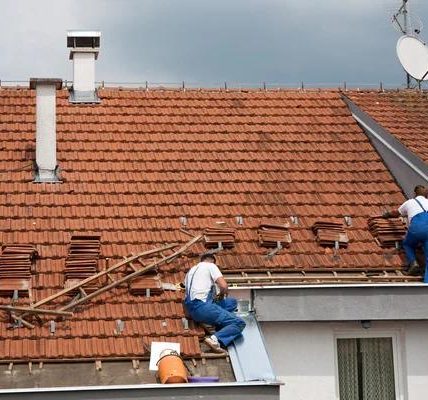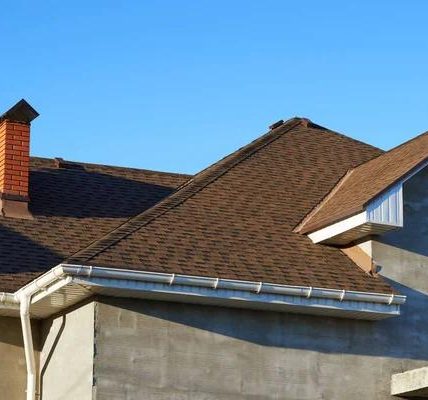Heat pumps are an excellent investment for homeowners seeking energy-efficient heating and cooling solutions. They offer the dual benefit of warming your home in the winter and cooling it during the summer, all while being environmentally friendly. However, like any other appliance, their longevity depends significantly on proper maintenance and usage.
Typically, a well-maintained heat pump can last anywhere from 10 to 15 years. Some might even extend up to 20 years if cared for meticulously. The lifespan of your heat pump is influenced by several factors including the quality of installation, frequency of use, local climate conditions, and most importantly, regular maintenance practices.
One crucial aspect of extending your heat pump’s life is ensuring dive deeper into it‘s installed correctly by a qualified professional. Proper installation prevents unnecessary strain on the system that can lead to premature wear and tear. Once installed, consistent maintenance becomes paramount.
Regularly changing or cleaning filters is one simple yet effective way to maintain your heat pump. Clogged or dirty filters force the system to work harder than necessary, reducing efficiency and potentially leading to overheating issues which can shorten its lifespan. It’s advisable to check these filters monthly and replace them every three months or as needed based on usage patterns.
Another key maintenance tip involves keeping the outdoor unit clean and free from debris such as leaves or dirt that could obstruct airflow. Ensure there’s at least two feet clearance around the unit for optimal performance. Periodically inspect coils for dust accumulation; clean them gently with a brush if needed.
Scheduling annual professional inspections is also vital in maintaining your heat pump’s health. A technician will not only perform routine checks but also identify potential issues before they become costly repairs or cause irreversible damage that could reduce its operational life span.
Additionally, pay attention to unusual noises or performance changes in your system as these may indicate underlying problems needing immediate attention from professionals.
Using programmable thermostats smartly can help manage load efficiently thus prolonging equipment life too; avoid setting extreme temperatures which force systems into overdrive unnecessarily stressing components within units prematurely aging them faster than normal expected cycles would allow otherwise under typical operating conditions without undue pressures placed upon them inadvertently through improper settings chosen unwittingly perhaps due lack awareness regarding impacts involved therein possibly arising thereof consequently affecting overall durability adversely eventually leading towards earlier replacements required sooner rather later unfortunately thereby incurring additional expenses needlessly avoidable had better precautions been taken initially instead beforehand proactively safeguarding investments made wisely upfront originally intended lasting longer periods ideally envisioned ideally hoped achieving maximum returns possible realistically feasible ultimately desired outcomes attainable indeed achievable practically speaking realistically considered feasible genuinely possible truly indeed!





